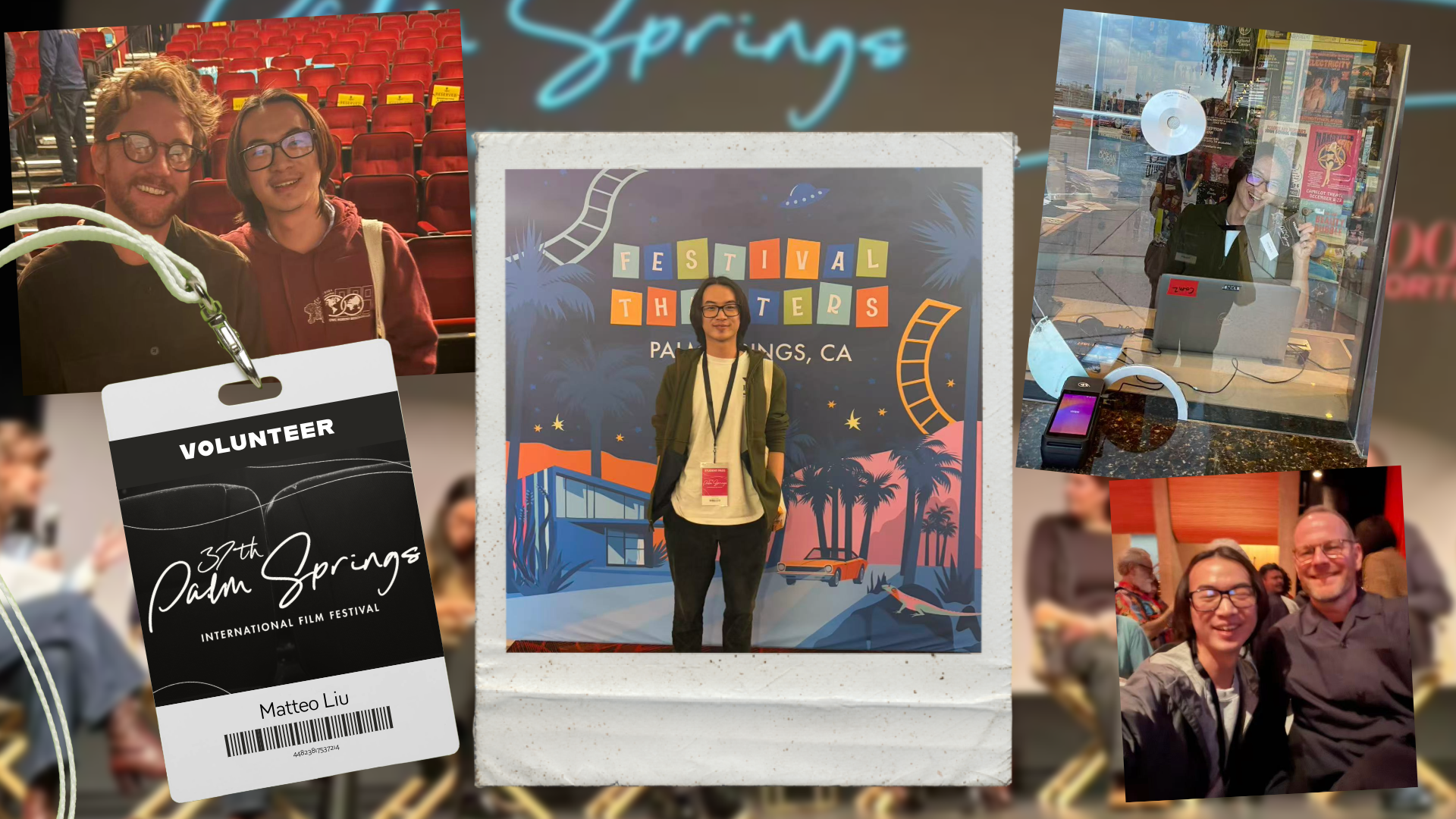Hispanic Studies Seniors Conduct Research with Spring Break Grants
March 26, 2014
Two Hispanic Studies majors spent their spring break scouring the letters, manuscripts and diaries of authors who figure prominently in their senior theses. The Department of Hispanic Studies selected the two students-Katie Kalivoda '14 and Dominic Boccaccio '14 – after soliciting applications from the department's six seniors, and funded their research trips to Madrid, Spain and Santiago, Chile, respectively.
While campus-wide research grant opportunities exist, Professor and Chair of Hispanic Studies Kyra Kietrys pointed out that most thesis research isn't well-developed at the time of those grant deadlines.
She added, "More broadly, these trips are invaluable to the overall development of our students. Being immersed in a country at this advanced stage in their studies provides an opportunity for more nuanced observations and deeper understanding of the cultural contexts in which their projects are rooted."
The committee of professors from the department awarded funding to Kalivoda and Boccaccio because of the merit of their projects and the impact funding would have on the projects.
With Prof. Luis Peña as his adviser, Boccaccio is writing an honors thesis on the prose of Chilean author Juan Emar, who was known by many of his famous avant garde contemporaries but whose work was not widely published. Visiting Assistant Professor Cesar Barros introduced Boccaccio to Emar's work in the course "Contemporary Latin American Short Stories."
"I've always liked how the avant garde defied norms and caused a radical shift in ideologies," he said. "I felt like I needed to learn more about the author himself because of the way he reimagined the author-reader contract and played an active role in his own work."
Barros connected Boccaccio with Patricio Lizama, one of the most prolific Emar scholars. Boccaccio was able to meet with Lizama as well as use his connections at Chile's national library archives, gaining him access to hundreds of rare letters, diaries and manuscripts.
"Realizing that some of the allusions in his work directly related to his own life and that he used similar techniques in his informal writing gave me a better sense of him in his work and enriched my understanding of the texts," Boccaccio said.
Kalivoda reaped similar benefits from her trip to Madrid. For her honors thesis, she is translating two proletarian novelettes written in Madrid in 1932 and published in La novela proletaria, a collection of 22 novels by various authors.
The first novela is by Hildegart Rodríguez Caballeira, whose mother shot and killed her at the age of 18 for failing to develop into the ideal human her mother had envisioned. Hildegart's novela is fictional but critiques two real socialist politicians and claims they had a homosexual relationship.
The second novela is El Confidente by Eduardo de Guzmán. "His novela deals with themes of gender and betrayal as well," said Kalivoda. "He tells the story of anarcho-syndicalists who rebel, get caught during the coup, and then hunt down and kill their betrayer."
For the final novela, she is analyzing In Place of Splendor, which is by Constancia de la Mora but was ghostwritten in English and criticizes the same figures as Hildegart.
In Madrid Kalivoda found 10 books that are only available in the National Library of Spain, including a biography on de la Mora. "By getting to know the writers, their figures, and the time period better, I'm able to further understand their perspectives and the perspectives of the Spanish people," she said.
Kalivoda and Kietrys made unexpected findings as well. Kalivoda discovered a letter between the two figures that Hildegart and de la Mora criticized that could have supported some of Hildegart's claims. Together, Kietrys and Kalivoda found an article by Hildegart that Kietrys had never before seen and now plans to add to a digital archive she's compiling on Hildegart.
"As faculty members, we feel privileged to work with such curious and self-directed students whose deep understandings of other cultures will undoubtedly allow them to contribute greatly to their own communities," Kietrys said.



